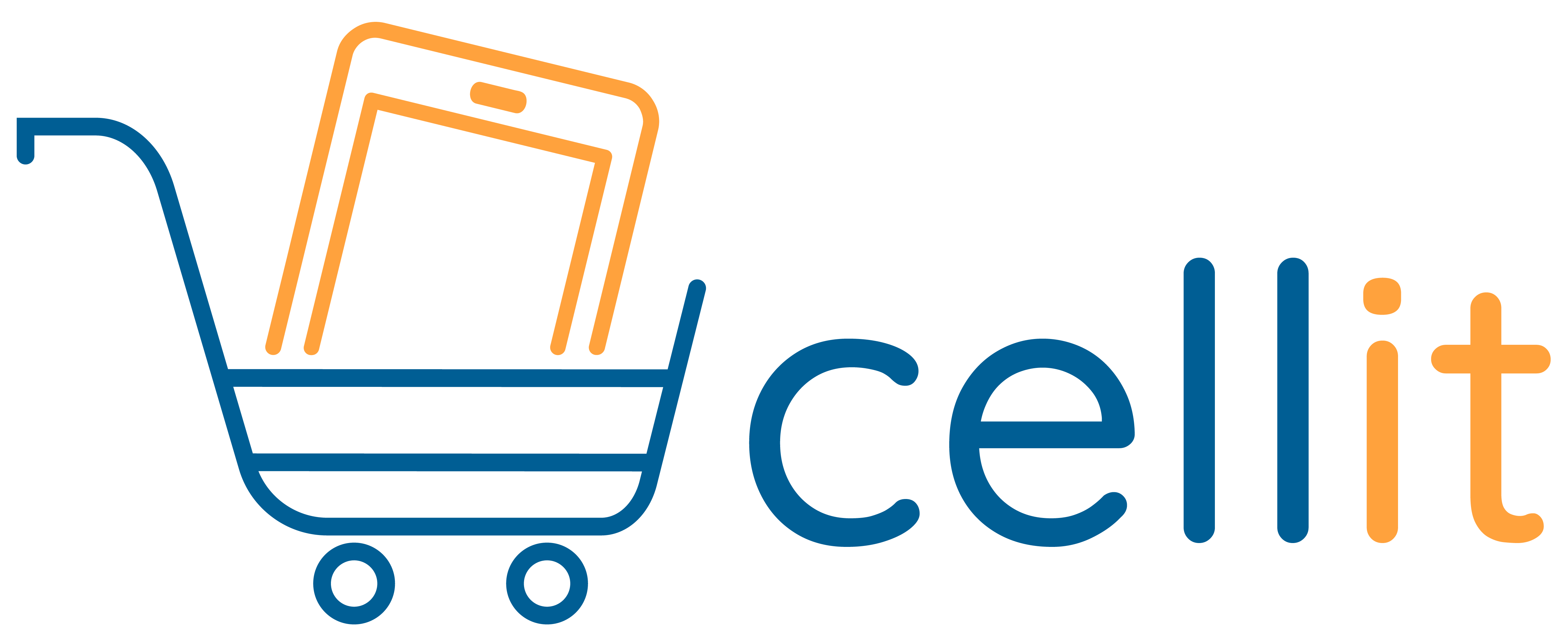Throughout history, humans have created many amazing technologies. One of these creations is Artificial Intelligence (AI). This recent innovation comes from human creativity and is dominating the tech industry.
AI has changed traditional companies’ strategies for marketing their products. It helps them to connect with potential customers more easily and flexibly.
As a result, businesses are frequently using AI marketing tools. These tools help them understand their audience better and create strategies that appeal to them. This shift has revolutionized communication channels between companies and consumers. It has helped marketing professionals run more accurate and effective campaigns.
The Role of AI in Marketing
AI marketing integrates AI-driven tools and technologies into traditional strategies, enhancing consumer interaction, enabling data analysis, and delivering personalized messages efficiently, surpassing human capabilities for improved experiences.
One key part of AI-based marketing is Machine Learning. Machine Learning helps systems learn from real-time user data. It can improve performance without needing specific programming.
For example, AI algorithms analyze a user’s past actions on a website. They can predict what a customer might do next, like making a purchase or showing preferences. This allows systems to give personalized recommendations to users.
Another powerful feature of AI in marketing is its predictive analytics. AI-driven predictive analytics have transformed traditional marketing strategies by enabling business enterprises to predict consumer behavior.
Incorporating predictive analytics in marketing allows us to anticipate future trends. It can provide insights about past data. This information can help improve campaigns and boost their effects on customers.
Key Benefits of AI Marketing or AI Strategy in Marketing
- Personalized Experiences at Scale
With AI in marketing, professionals can create highly personalized content. This improves the customer experience and helps companies to segment their audiences more accurately.
With this, marketing advertisers can send messages to the right people quickly and in real time. This can enhance user engagement, increase ROI, and boost conversion rates. Thus, AI in marketing can give us the leverage of personalized email campaigns to customize product recommendations. - Automation of Routine Tasks
AI in marketing can help automate repetitive tasks. This includes customized email campaigns, social media posts, ad bidding, and online listings. Automating these routine tasks allows marketing professionals to have more free time. - Improved Data-Driven Decision Making
Another facility that AI in marketing can give us is fast and accurate customer data analysis. This allows marketers to make data-driven decisions and optimize their campaigns according to the customers’ preferences, which will not only help in optimizing campaigns but also help in achieving higher KPIs and ROI.
AI’s predictive analytics capabilities help businesses anticipate consumer behavior, which can make an informed marketing strategy and increase efficiency. - Enhanced Customer Interactions
AI-driven chatbots and virtual assistants (VA) are radically revolutionizing traditional customer services. They can give us quick, personalized answers to customer questions anytime, improving the bond between customers and brands.
These tools also gather important customer data during interactions. This data can help us improve marketing efforts and support future actions.
How is AI used in marketing?
Personalization: AI customizes marketing messages based on user behavior and preferences.
Chatbots: AI chatbots answer customer service questions in real time, boosting engagement.
Predictive analytics: AI looks at large datasets to predict future consumer behaviors and market trends.
Content generation: AI quickly creates SEO-friendly content, social media posts, and ad copy.
Ad targeting: AI improves digital ads by delivering personalized recommendations to the right audience.
What is the best example of AI in marketing?
One such example of AI in marketing is Amazon’s personalized product recommendations. Amazon uses machine learning to look at browsing history, purchase behavior, and customer data.
This helps them suggest products that fit each user. By targeting users with relevant items, Amazon boosts sales. This makes shopping easier and more suited to individual preferences.
What is the future of AI in marketing?
The AI in marketing is going to make a big change in the way brands do business with consumers in the future. Key trends include:
- Hyper-personalization: AI would lead to more personalized and targeted experiences, allowing brands to reach the exact audiences they want to achieve.
- Enhanced customer journeys: AI will deliver the customer experience as a whole, from the first contact to the end of purchases, making sure communications are smooth across all channels.
- Voice search optimization: With a growing number of AI voice assistants, marketers will have to optimize for voice search queries, thus, voice SEO will be an essential means to use in marketing.
- Advanced predictive analytics: AI will give a more comprehensive understanding of consumer behaviors and trends, which will help businesses to adapt and adjust marketing strategies in real-time.
- AI-powered content creation: Automated content generation and real-time personalization will become an integral part of marketing efforts, as seen in AI-powered ad management and AI ad generators.
Ready to revolutionize your marketing strategy with AI?
Visit Cellit Online and explore more about the future of AI in marketing, its transformative benefits, and how you can leverage this technology for your business growth! Read our in-depth blogs:
- AI in Online Shopping: Transforming How We Buy and Sell
- AI-Powered Ad Management: Revolutionizing Digital Marketing
- AI Transformation: Key Benefits and Challenges for Businesses
- How AI Ad Generators Can Save Time
- Why Video Marketing is So Powerful
- How to Create Different Video Ad Variation: A Comprehensive Guide
- How to Train Video Generation AI
- Which of the following is generative AI application?
- The Importance of Seamless Communication: Essential Tips to Follow
- How Long can a Video be on Messaging Apps?
Don’t miss out on the AI revolution!
